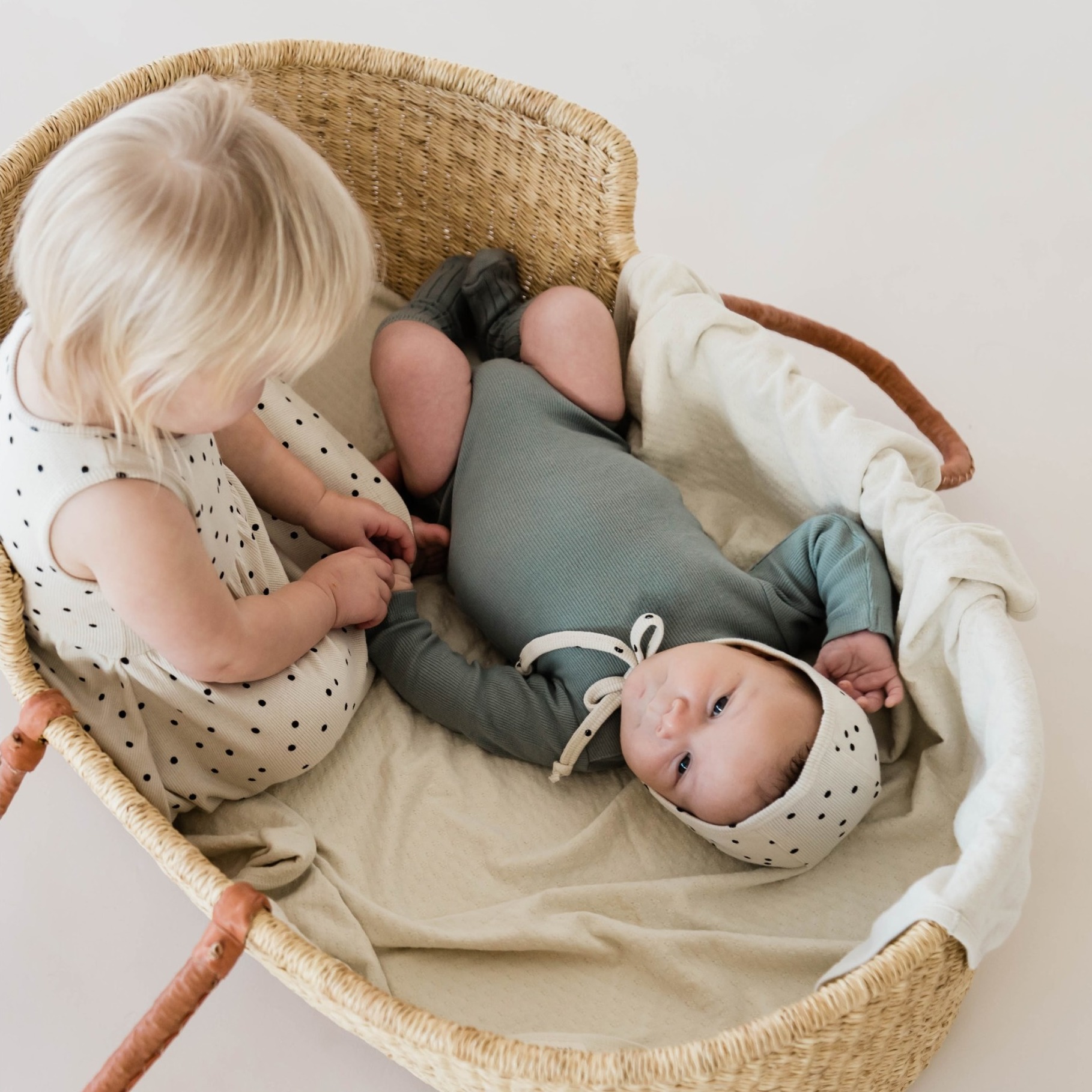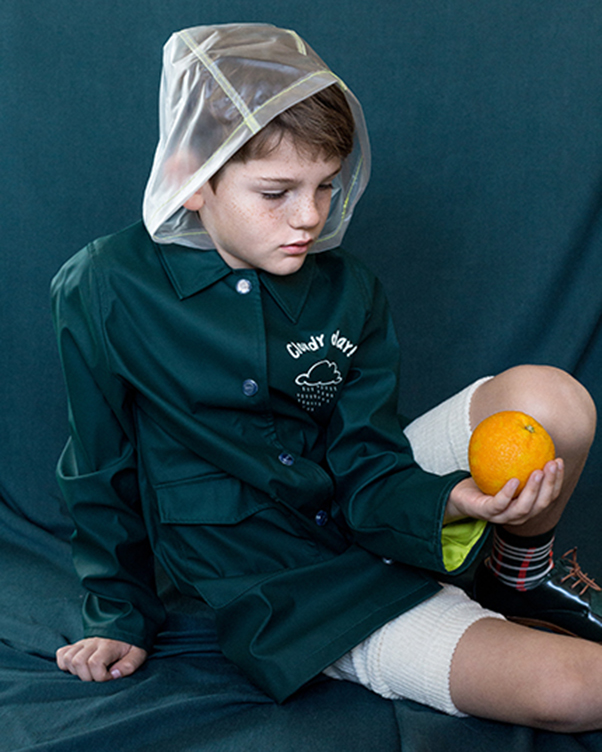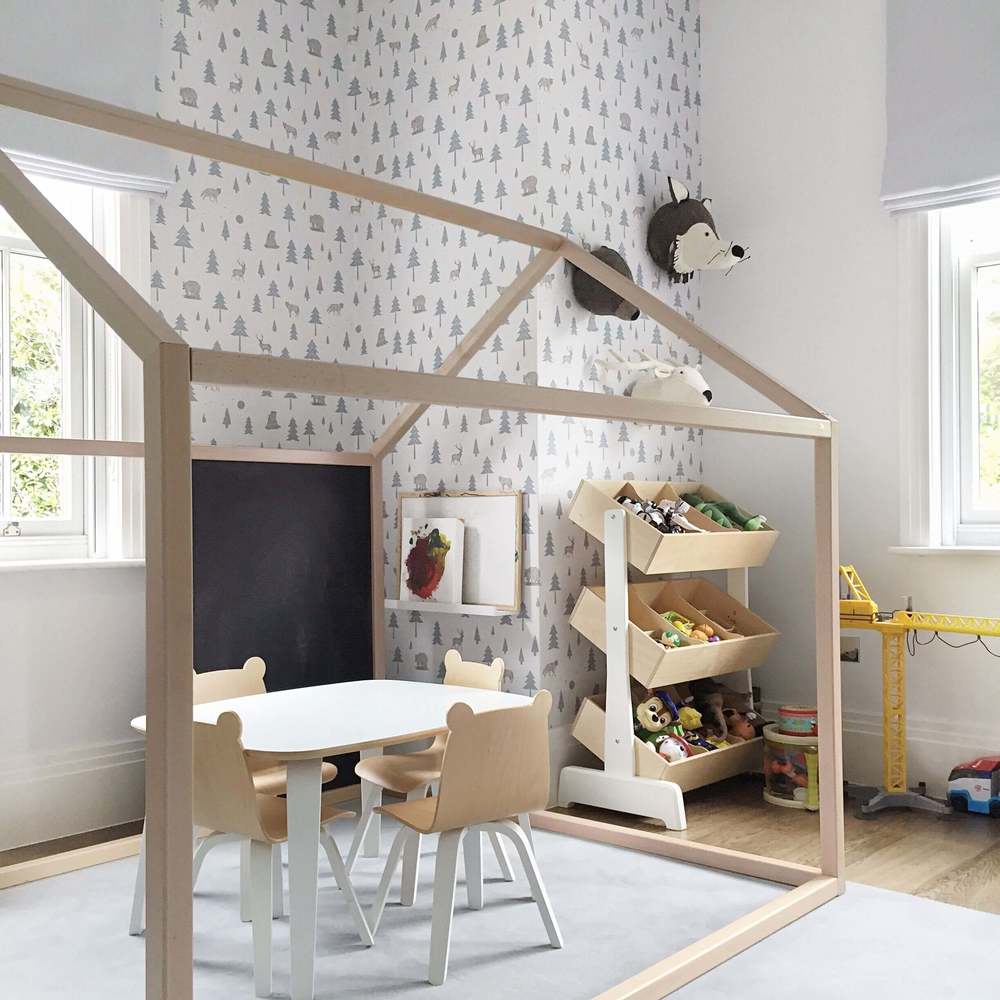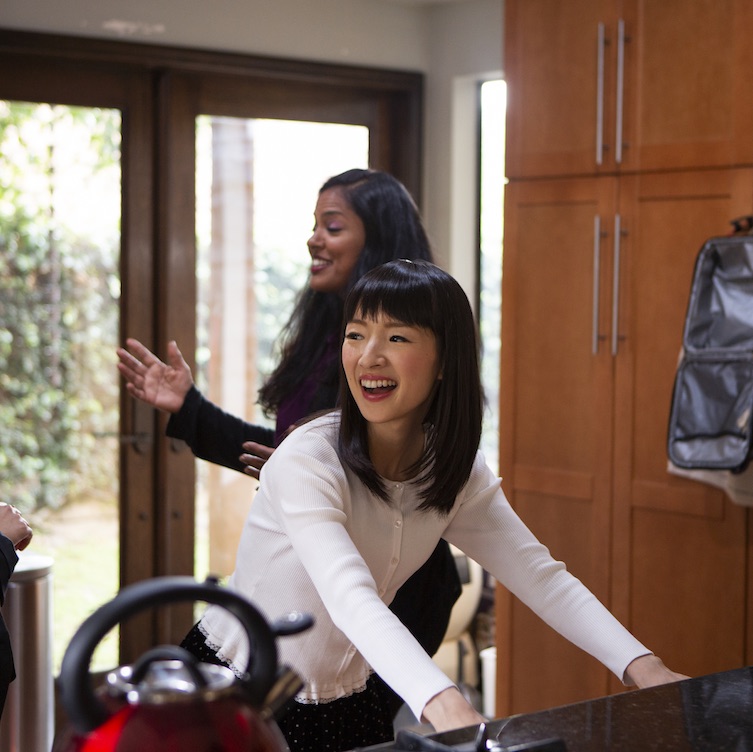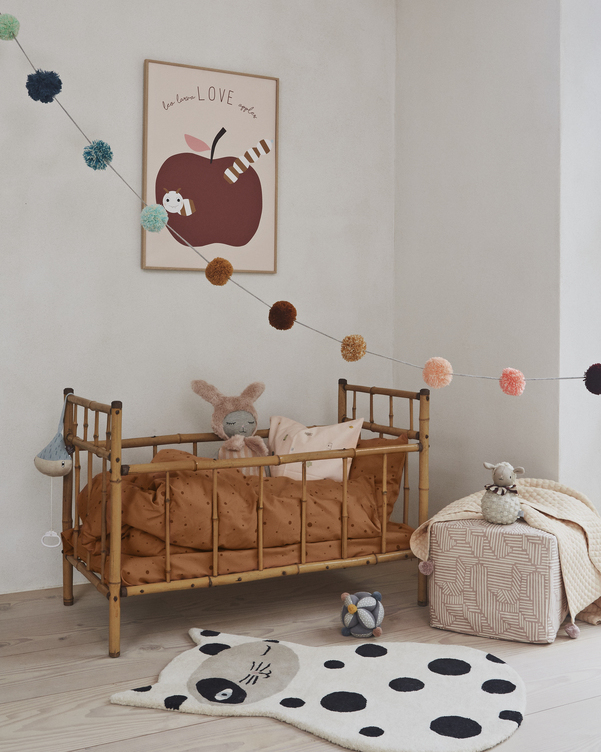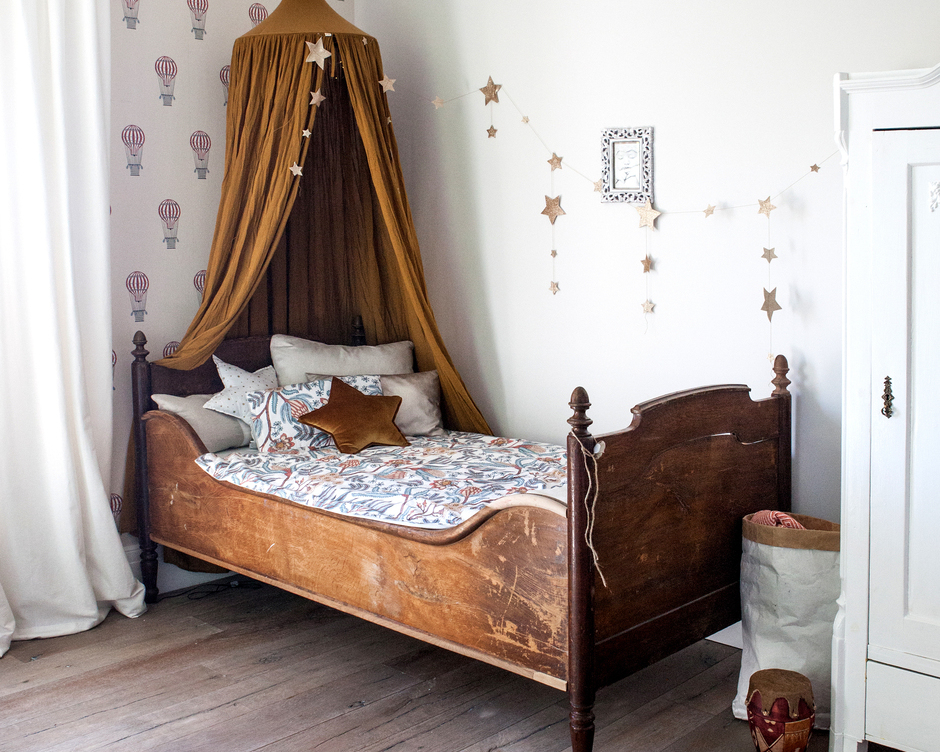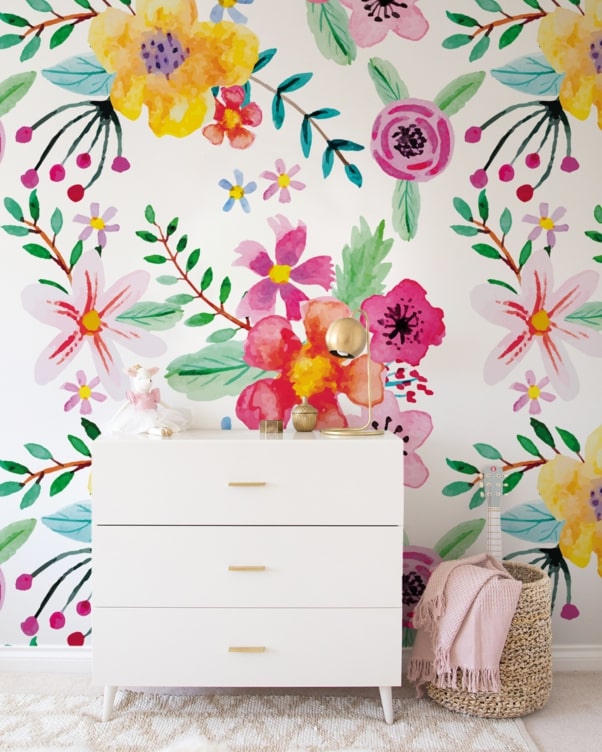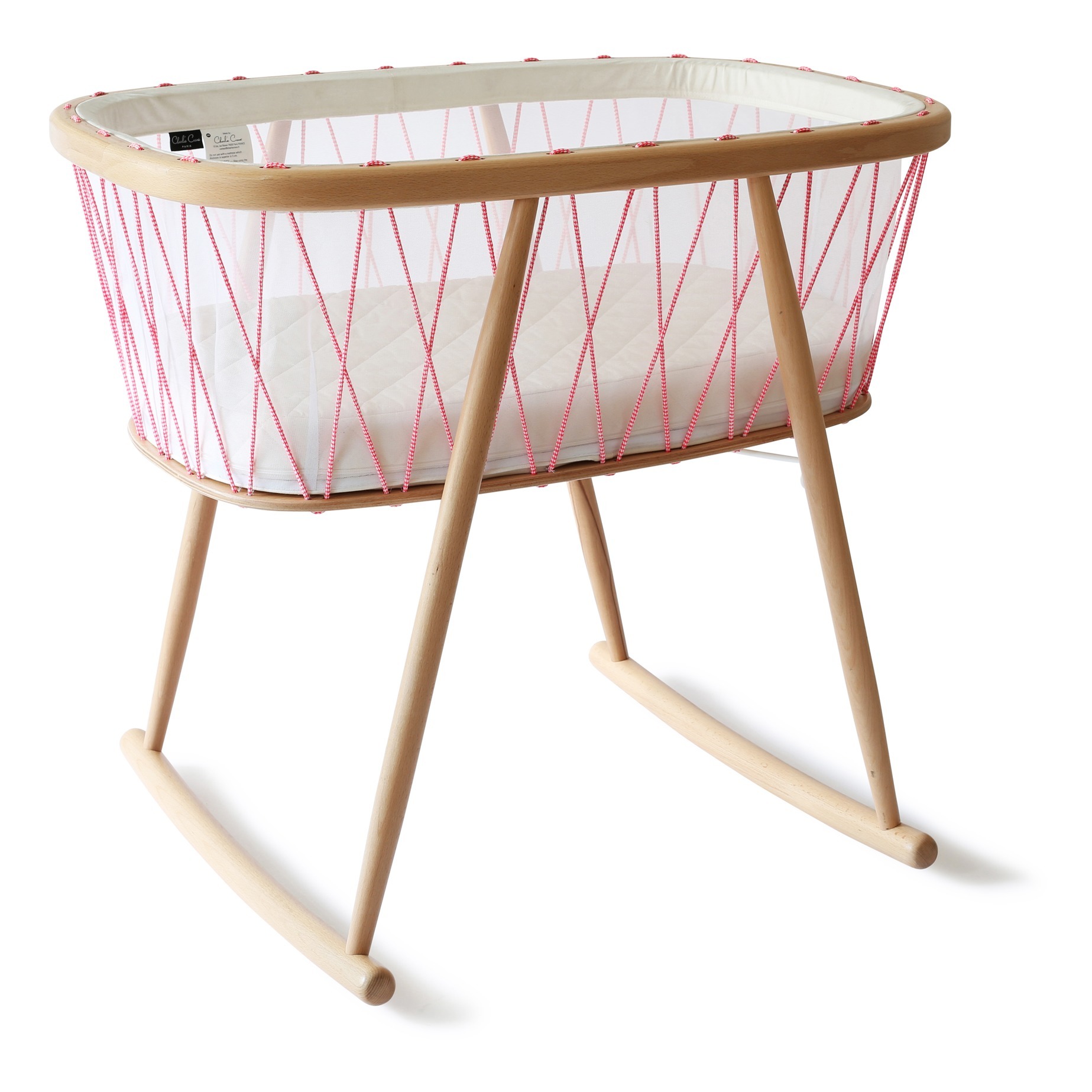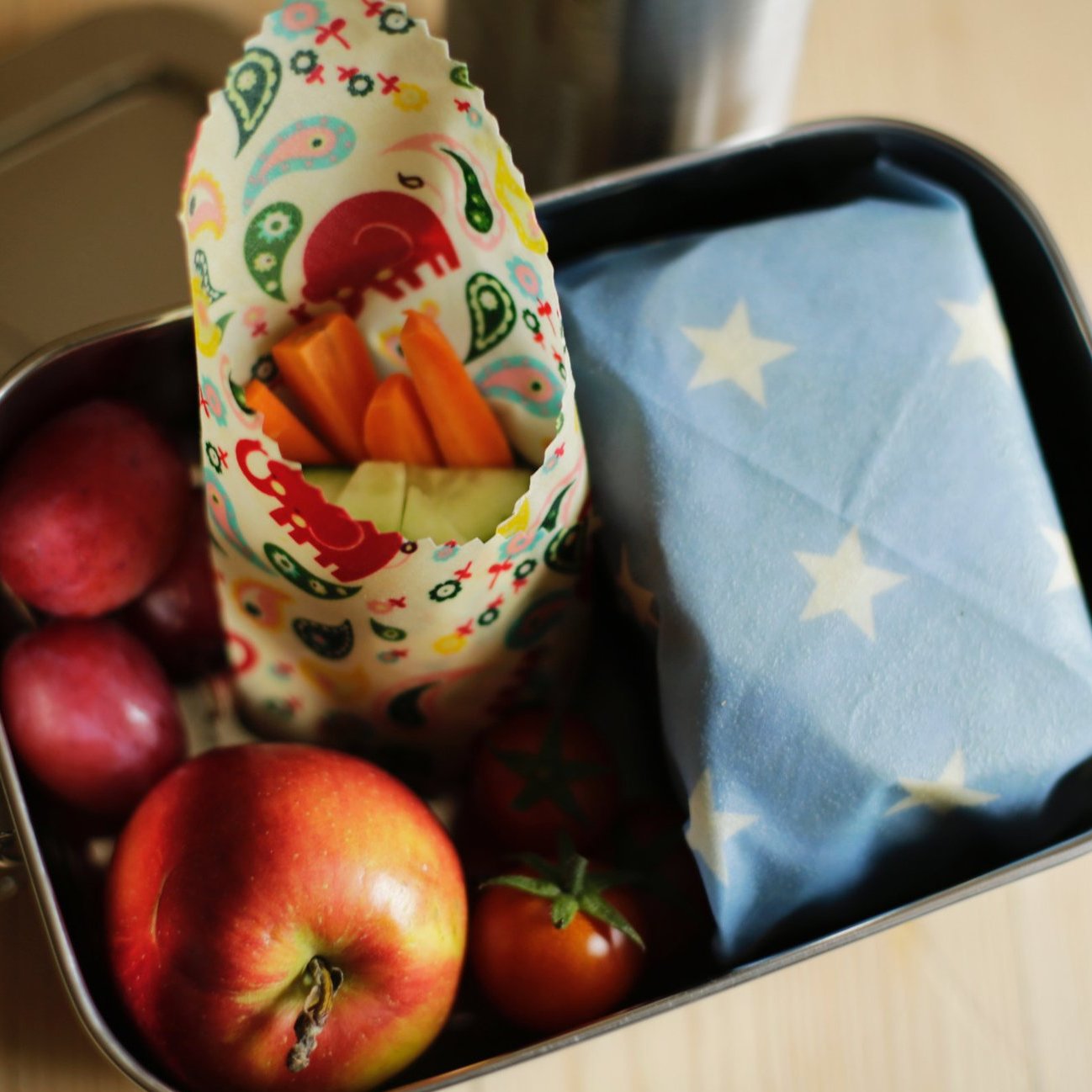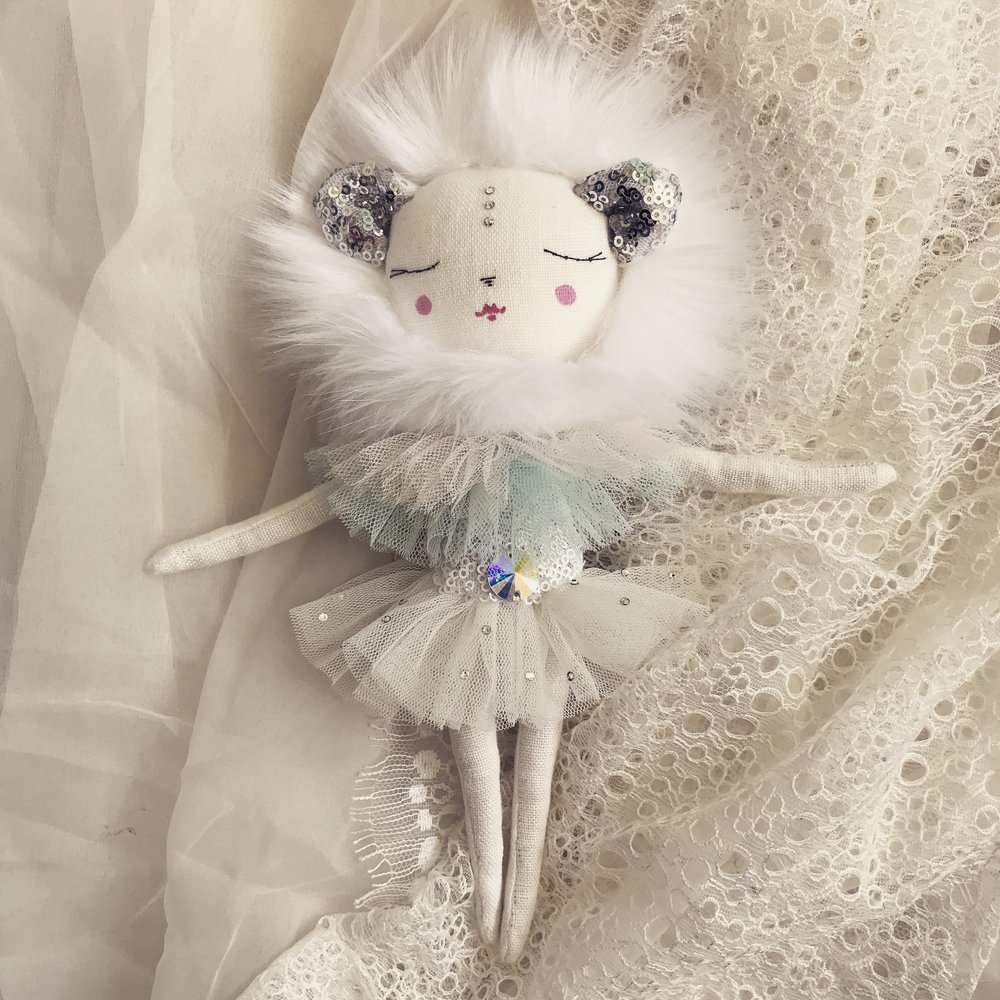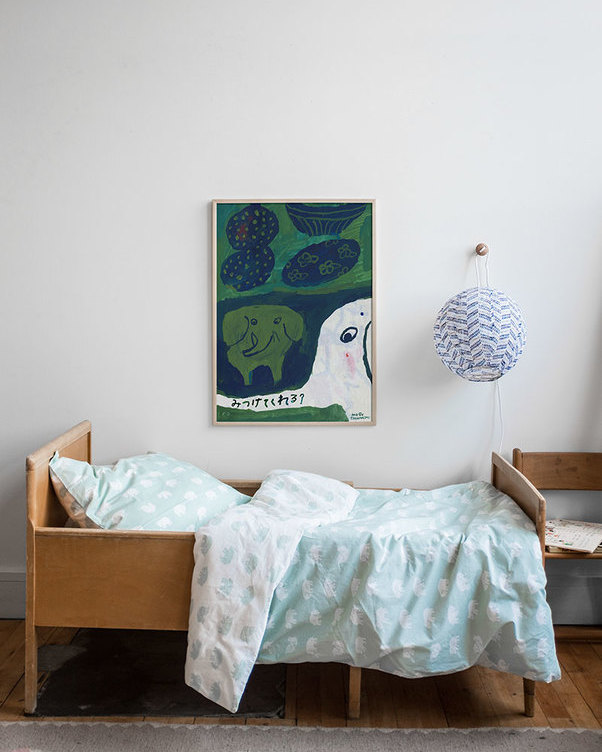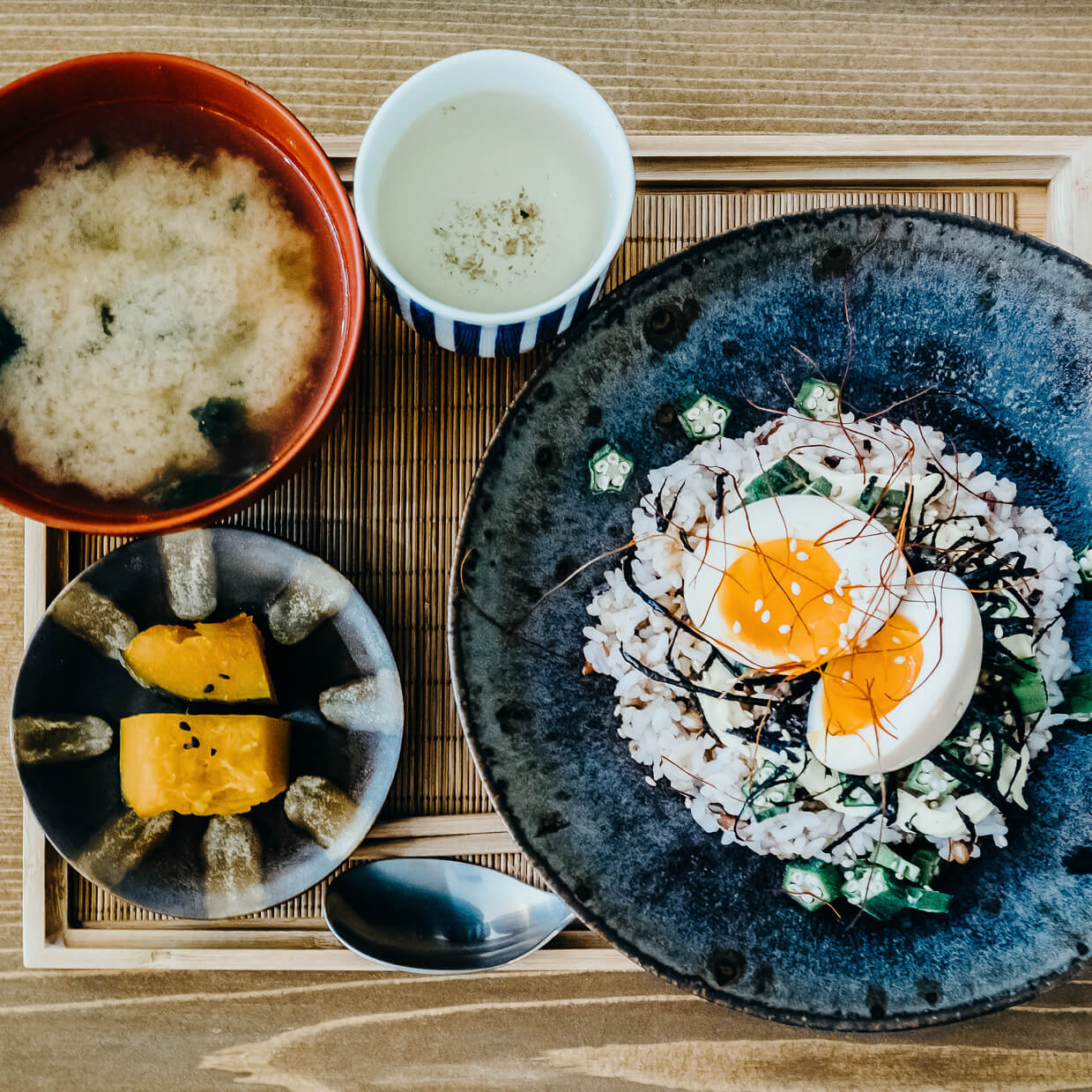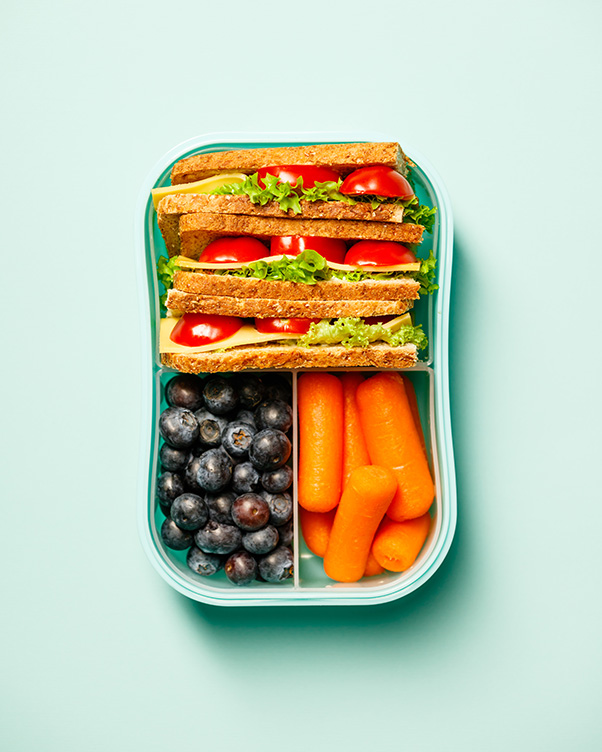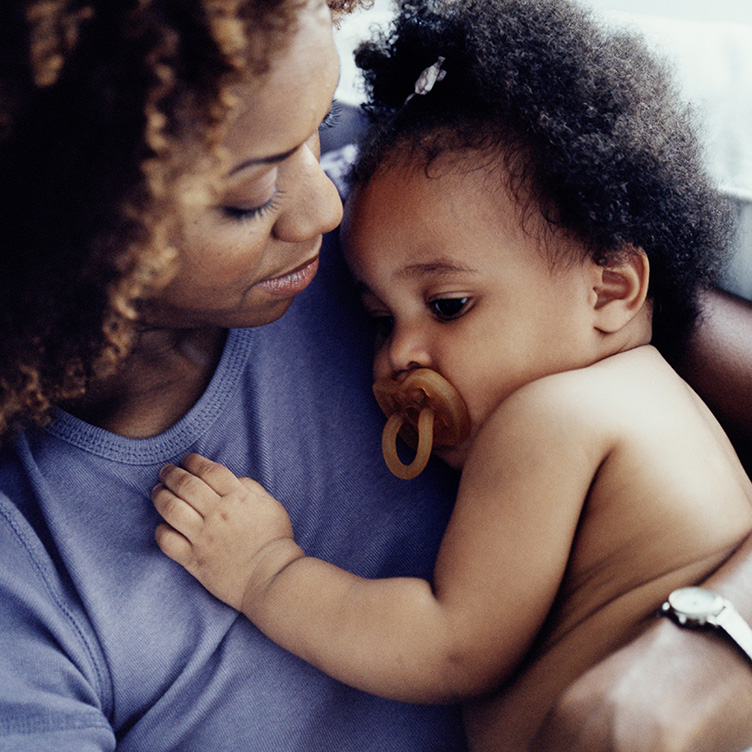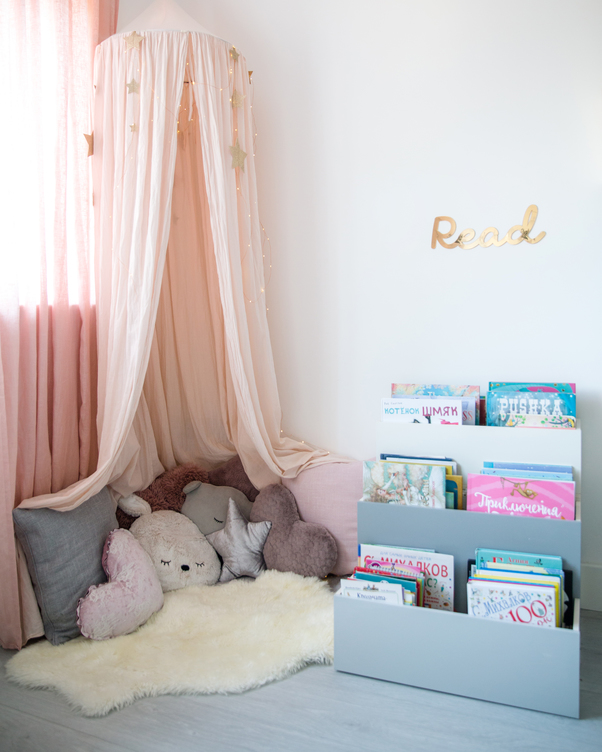

Motherhood: My life as a single mum in Tokyo
MUM, Motherhood
Motherhood can be challenging. And being a single mum is probably the toughest job in the world. You have to shoulder everything and deal with never ending to do lists.
When I was chatting to our new contributor Kate, who will bring us the latest news from Tokyo, and she told me about her job and blogs and just later added that she is actually a single mum, I knew I had to know more.
How is life as a single mum in a foreign country? What are the daily challenges? Of course Kate has bad days. Just like everyone else. But I was so impressed with her way at looking at things. Positive, organised and with the clear goal to make the best out of it. Of course, you will say, that this is the only way. You have to show your kids that everything will be alright. That you are strong. But let’s be honest, it does sound easier than it really is…
Before we go to the interview, let’s get to know Kate a little more.
Kate is originally from Australia and moved to Japan in 2002 to do postgraduate study. Initially only planning to stay in Japan for a short while, it became 15 years! After her PhD, Kate worked for an Australian company in Tokyo, married and became pregnant with her first baby.
It was at this time that she started a blog called Tokyo Urban Baby. As there was little information about having a baby in Japan. Later she added a personal business website as well. Today Kate is working for a Japanese e-commerce company during the week, while also working on her two websites on the weekends.
Her son is 6 years old and her daughter is 3.
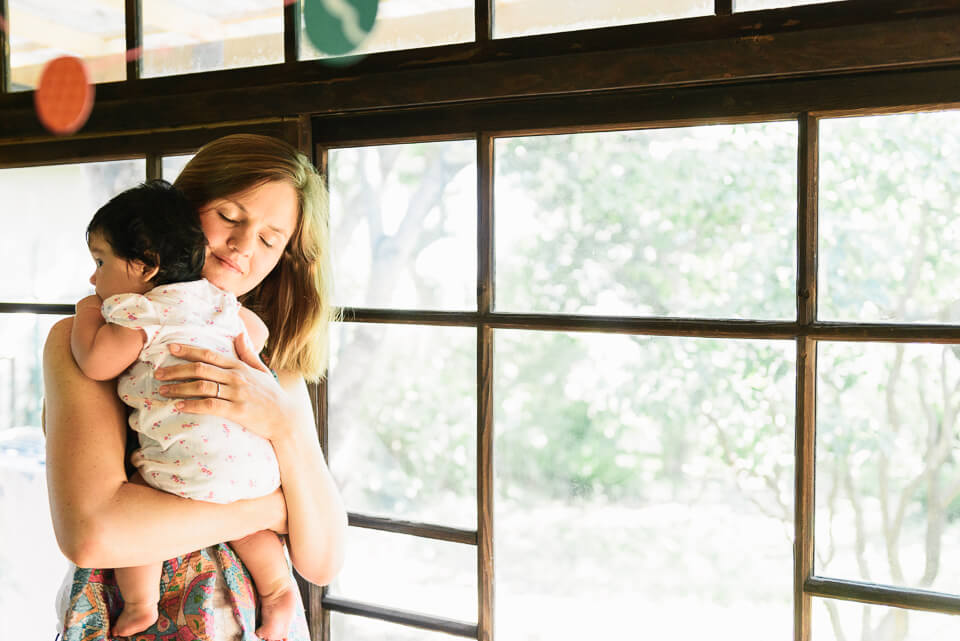
Luna: Since when are you a single mum?
Kate: I have been a single mum since 2016.
How are family divorces handled in Japan? How is the decision made with whom the children stay?
If the couple already decided to divorce and agrees on the conditions, it is a relatively simple process to submit the divorce papers to the local ward office with both signatures (this paper includes who will be the custodian of the children).
In case the couple cannot agree on the divorce conditions, it can be taken to mediation and then litigation if necessary. During mediation, it is not necessary to have a lawyer (but it is advised), and for litigation it is necessary to have a lawyer. In regards to how long it takes, mediation takes about 3-6 months, and litigation at the family court can take about 2 years.
Do you feel that Japan is a good country for single mums?
I have read many articles about how difficult it is for single mothers in Japan, so I think it really depends on your situation. For me, I was very fortunate to
a)
have a full-time job which provides me with a stable income. My company was understanding and supportive of my situation.
b)
my children were already going to the Japanese nursery school which provided consistency for them during the transition.
c)
I can speak Japanese which helps a lot with communication such as at the local ward office.
Having said that, I found that even if you don’t speak Japanese the ward office really tried to help me.
When I first went to the ward office to tell them about my situation, I was so nervous and worried about how they would treat me. But they were so supportive and understanding. It made me cry.
I burst into tears because it had been such a stressful time. Even though I had been living in Japan for a long time, it is not my home country. I was on my own (as my family was in Australia) and I was totally unsure about what would happen. Therefore it was such a relief when they showed me so much warmth and support and took the time to explain the details. It really gave me the strength to move forward.
There is financial assistance from the government, however it depends on your salary.
You have a full time job, two blogs, two children … how do you do it?
During the week, I focus solely on my kids and my full-time job. If I have time on my train commute to work, I post on social media and check my blog-related emails. Then on the weekend I try to spend a few hours to post on my blogs and update my Tokyo Guide.
I think the key to surviving as a single mum is to keep a routine and only make changes if it will improve your productivity.
You can improve your productivity by reducing the time it takes to do tasks. This was the logic I used to justify buying my electric bicycle. It not only reduced the time to take my kids to school, but it also reduced the stress for me (both for my mind and physically) as my kids were happier. They think the bicycle is so fun. And that made me happier too, and it took the strain off my back with carrying everything to school!
A typical Mon-Fri day looks like…
5:30
My kids wake up (the sun rises ridiculously early in Japan in Spring/Summer, which always wakes up my kids!)
6:30
Breakfast – most Japanese mothers serve a traditional Japanese breakfast with rice, miso soup, and side dishes. While I love it, I have never gotten into this custom! I still serve a simple Aussie-style breakfast with cereal, bananas, yoghurt, and toast.
7:30
Take my daughter to nursery school. My Yamaha electric bicycle with 2 child seats is fantastic and makes this process of going to nursery school much faster! Before it was a real struggle. Because my daughter wanted me to hold her, plus I was carrying all their school bags and I had a bad back. I really struggled with walking during 2016-2017. In late 2017 I finally invested in the bicycle and I am so glad I did! The electric bicycles are quite expensive (mine was about $1500) but they are really a life saver and very popular with Japanese mums.
8:00
Walk with my son to elementary school (he just started Japanese public elementary school in April, which is the start of the Japanese school year). I have arranged shortened hours at my work for 3 months during this transition period (so I work from 9:30am-4:30pm, compared to the usual 9-5:30), as I was worried about how I would handle this change in the schedule. And my son gets exhausted easily as he no longer has the daytime sleep. So luckily, I have this time to take him to elementary school and make sure he is organized.
9:00
Leave for work. During the train ride, I do online grocery shopping, check emails, post on social media. Note that the delivery and courier system in Japan is absolutely AMAZING! This really helps as it is super fast and super convenient. And if I miss the delivery for any reason, they will leave me a message so I can request a different date and time. As you can imagine it is a real challenge to go to the supermarket with kids, let alone if you are also working full-time. So being able to order everything online is a real life-saver.
9:30
Arrive at the office.
4:30
Leave the office.
5:00
Go home to get my electric bicycle (my apartment is just 3min walk from the train station which is very convenient). Pick up my son from after-school care. I am paying $600 per month for private after-school care, to ensure he is well looked after and safe. There is public after-school care available at the elementary school, which I heard is great in Japan. But I was worried as there is not a lot of supervision. In order for me to be able to focus on my job at work with the knowledge that he is safe and well looked after, I decided to pay for private care. They pick him up from elementary school at about 2pm and when he enters the after-school care he “checks-in”. And I receive an automatic email that he has arrived. This gives me a lot of reassurance! When I see the email at 2pm that he has safely arrived, I can feel reassured and go back to work. 🙂
5:30
Pick up my daughter from nursery school.
6:00
Arrive home. Check the kids’ school bags, put on a load of washing, cook dinner.
7:00
Eat dinner, have a bath.
8:00
In bed, read a book to my kids, and sleep. As my son has just started elementary school he is extremely tired. So I have been trying to get them into bed by 8pm. Especially as he wakes up the next morning at 5:30am again!
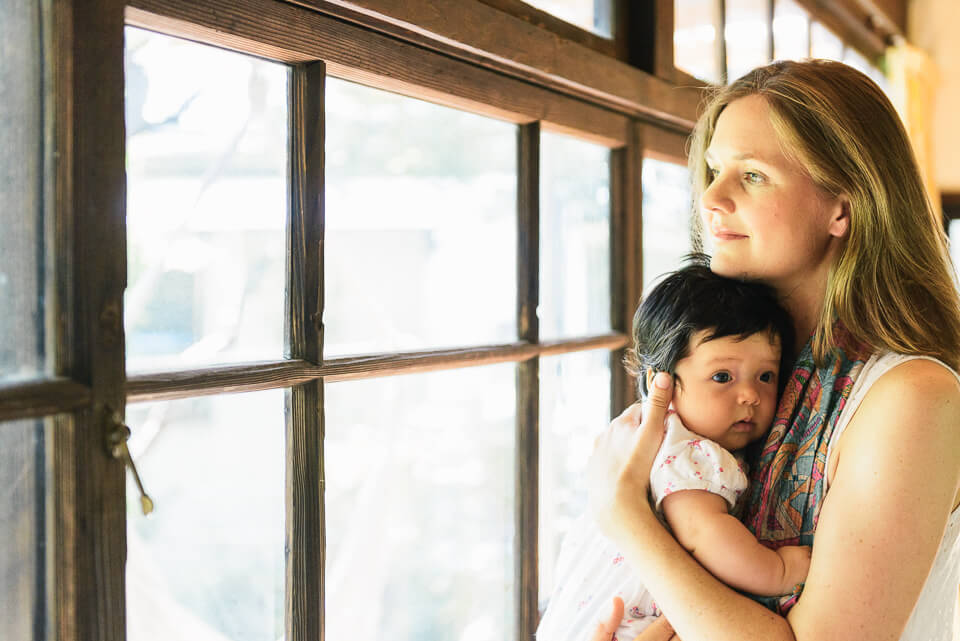
What is your plan b in case of emergencies like sick children, long meetings at work or something similar?
My work provides discounts for a well-known babysitting company called “Florence” that specializes in caring for sick children. This has given me HUGE piece of mind, as I can make the reservation online from my smartphone the night before (or even in the middle of the night if my kids suddenly come down with a fever).
The professional babysitter will be at my door the next morning. Bright and early, ready to care for my child so that I can go to work. It is really an amazing system.
My company also allows “work from home” in special situations, so if my kids become sick I usually work from home if I can. In case I have meetings I will book a Florence babysitter.
Florence costs about $120 for a full day of 8am-6pm (they charge by the hour). So it is expensive but I still appreciate it as it means I can maintain my work while at the same time be assured that my children are well looked after by professionals.
You are writing about all these apps and easy to access services that are very helpful for you and your kids. Looks like Japan is very advanced. Is there something else that you use regularly and that benefits your family life?
I actually love an app called “Checkie!“. It is created by a Japanese designer (Enfani Inc.) and also available in English which is fantastic. In Japan there is a huge expectation for children to pack their own school bags. This even starts from nursery school!
You may have heard how independent Japanese kids are. Many even catch the train on their own to school from the young age of 6 years old when they start elementary school. It is really amazing. However, me being from Australia, I was packing my son’s bag myself as I was always in a rush! Then I heard about Checkie! and how it makes it fun for kids to visually remember what they need to pack in their bag for school. So I started using this and my son really enjoyed checking his “to do list” on the app each morning before going to school.
(Note from the editor: I downloaded the app immediately.)
Have you, as a person, changed since you became a single mum?
The decision to leave was possibly the biggest decision I have ever made in my life. I say that as it took me a long time and a lot of thinking under extreme pressure before I finally made the decision. I wouldn’t wish that situation for anyone (it was so stressful that my hair thinned and I think I aged about another 10 years), but once it was made I did feel a change in myself.
The biggest realization I had was that nobody could make the decision for me (to leave).
It was a decision that I had to make for myself. It seems easy to write that here, but it was actually a very intense realization. Something happens in the mind after this type of experience, as if it ingrains the memory in your brain so that you will never ever forget. From that moment on, I could feel it made me stronger in many aspects of my life.
An example might be with my work – now I am very honest with my boss about my situation, and if I think I need time off or if I think I can’t handle all of my projects, I set up a meeting with him and explain the situation and work out a solution.
It is not necessary to try to do everything. I think this is true for all mothers, regardless of whether you are married or single. It is very important that you consider your life and everything that you do, and if you feel stressed or at the risk of burning out, talk to the people involved such as your boss and try to find a solution together.
You may be surprised how willing people are to help you get through a difficult phase in your life. And don’t beat yourself up about it either – everyone has difficult times, even if they don’t have children they may have aged parents who need their care, or they may have a serious illness that may take time to heal.
Everyone goes through difficult times in their life. You just need to make arrangements for getting through this time, so that you can come out on the end and not only survive, but feel confident that you did everything you could.
Compared to Australia, do you feel it is easier to be a single mum in Japan? Why?
I think it is hard with the language barrier and because I don’t have family in Japan to help me. So I would probably say that it would be easier in Australia. Having said that, I am very grateful for all the support I have received in Japan from my friends, my company, the ward office and the school teachers. It has made the transition much easier I think!
Do you find time for yourself? How?
I don’t have time to do exercise unfortunately such as yoga or pilates, but luckily in Japan it is the norm to do a lot of walking (such as to and from the station) so this makes up for it. I always try to take the stairs instead of the escalator at the station, so I try to get as much exercise as I can.
In terms of “me time”, this is non-existent! Haha. I do sometimes have lunch on my own at work, which gives me some time to take a break and think about things. Also, in the morning after I take my kids to school, I sometimes have a few minutes at home before I leave for work. During this time, I try to meditate (although I am very novice and constantly my minds tend to drift off!) and take a moment to breathe and be grateful.
What would you like to tell other single mums out there?
It is inevitable that your life as a single mum will be different from before. But don’t be too worried to begin with – my most important advice is to treat this as a transition phase at the beginning (and acknowledge that this transition phase may take 2-5 years) and make adjustments to make your new life as efficient and stress-free as possible. You will likely have already been through a lot of stress already through the divorce, so it is important to try to think positively about your new life.
Top tips as a single mum:
1.
Embrace minimalism! We are lucky “minimalism” is so popular and chic right now. It is perfect for the single mum. If you move into an empty apartment with your kids, don’t be sad. Try to think positively about this moment! If you don’t have money to buy items, simply embrace minimalism completely and only buy the minimum essentials. This will include fridge, washing machine, and beds to begin with, and if you have enough money you could buy a microwave and hairdryer etc. You will be surprised how little we need for everyday life.
Your kids will love the space because they can run around your apartment, and you can stick up their drawings on the walls to add some colour.
If you don’t have a car, make sure you rent an apartment that is close to public transport, schools and the grocery store. So that everything is within walking distance.
In Japan, I am lucky that it is tradition to sleep on futons on the floor (so it is not necessary to buy a bed) and it is very common not to own a car. It is a huge money saver.
I also recommend to extend the Minimalism concept into your work if you can.
Have you heard of the concept of a “Minimalist Business”? The success of a Minimalist Business is measured by how much freedom you have to live the life that you want. It is not measured by how much money you make. If you have skills and knowledge in a particular area, you could consider to start blogging about this topic and then create an information-based product that you can sell through your website.
In this day and age, you can automate everything so you can make money even when you are not working. As a single mother, this is a fantastic way to make extra income or even could replace your full-time work so you can work from home. I blog about how to create a Minimalist Business on kateneath.com, especially from the perspective of a working mother!
2.
Improve your productivity! Always think about how you can save time on tasks. For example, you can do your shopping online to avoid having to go to the supermarket, find an apartment close to your work and school to reduce the commute time. Ask friends for help if you need it to reduce the time you need to spend on tasks(for example, if I can’t understand something in Japanese, I ask my Japanese friends for help rather than spending hours trying to figure it out!).
3.
Routine, routine, routine – try to keep the same routine as you had before the divorce. If possible, try to keep your kids in the same school so that they have some consistency in their lives and can keep the same friends.
4.
Mindfulness – be kind to yourself and to your kids. It can be a rough time and it may take years to adjust, so try to take it step by step and try to be happy in the present.
5.
Look after yourself – it is exhausting and you will have likely been through (and still going through) a very stressful time in your life. Perhaps the most stressful time you have ever experienced. It is extremely important to look after yourself and your health, and take a rest whenever you can.
If you don’t feel like meeting people, don’t worry! Simply explain that you are tired and need some rest, and spend the time at home with your kids. If you are working full time during the week, you may need to rest on the weekends to keep up your strength. Or perhaps you feel the opposite – you may want to get out of the house and meet friends on the weekends to take your mind off things.
Do whatever you need to relax and get through this difficult stage. Remember life goes in stages (some say in 5 year periods), so it may take time but you will feel better soon!


